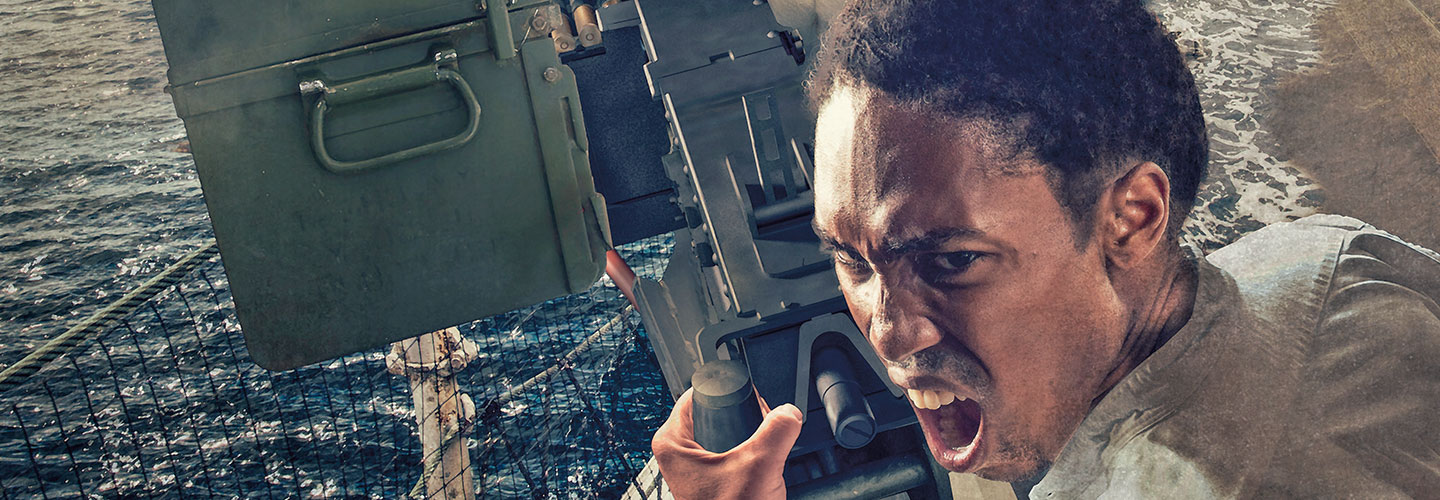Bettmann/Getty Images
Dorie Miller in his Navy uniform
December 7, 1941, began as a sleepy Sunday at Pearl Harbor, the United States naval base on the Hawaiian island of Oahu. Dorie Miller, a sailor aboard the battleship USS West Virginia, rose early and went about his morning tasks. As a mess attendant, Miller served food and cleaned tables in the officers’ dining hall. He made extra cash shining officers’ shoes and doing laundry.
The job of messman amounted to little more than being a servant. Miller was Black—and because of this, the U.S. Navy wouldn’t let him join at a higher rank. Black sailors could not become officers or be trained for combat. In units where they were allowed to serve, they were largely segregated from white sailors. There, as in the rest of the military and in American society, they were second-class citizens.
Yet on that fateful December day at Pearl Harbor, which would prompt the U.S. to enter World War II (1939-1945), Miller’s incredible acts of bravery would start to change all that. His selfless choices would help lead to integration of the nation’s military. Ultimately, say historians, his actions would help lay the groundwork for the civil rights movement of the 1950s and ’60s and the historic struggle for equal rights for Black Americans.
December 7, 1941, began as a sleepy Sunday at Pearl Harbor. That is a United States naval base on the Hawaiian island of Oahu. Dorie Miller was a sailor aboard the battleship USS West Virginia. He rose early and started his morning tasks. As a mess attendant, Miller served food and cleaned tables in the officers’ dining hall. He made extra cash shining officers’ shoes and doing laundry.
Being a messman was little more than being a servant. Miller was Black. Because of that, the U.S. Navy would not let him join at a higher rank. Black sailors could not become officers or be trained for combat. In units where they were allowed to serve, they were largely segregated from white sailors. They were second-class citizens there, and in the rest of the military and in American society.
Yet on that fateful December day at Pearl Harbor, Miller’s incredible acts of bravery would start to change all that. That day caused the U.S. to enter World War II (1939-1945). And Miller’s selfless choices that day would help lead to integration of the nation’s military. Historians say his actions eventually helped lay the groundwork for the civil rights movement of the 1950s and ’60s and the historic struggle for equal rights for Black Americans.

